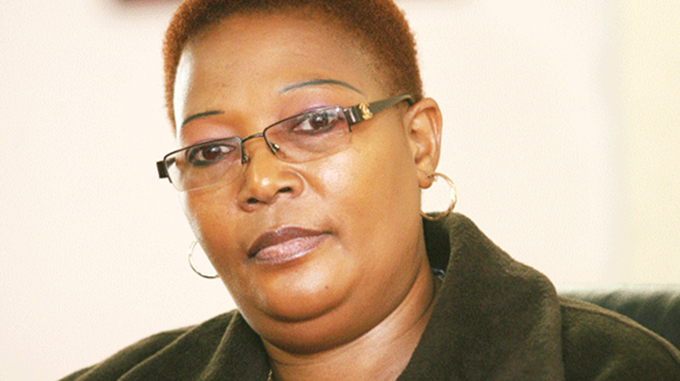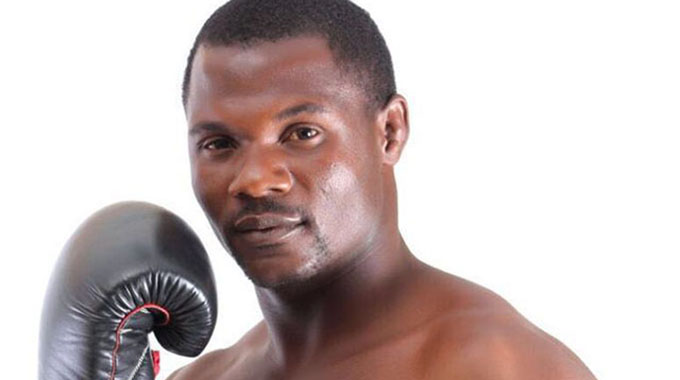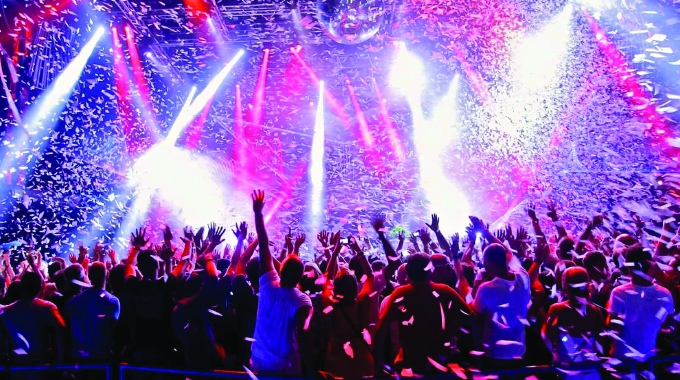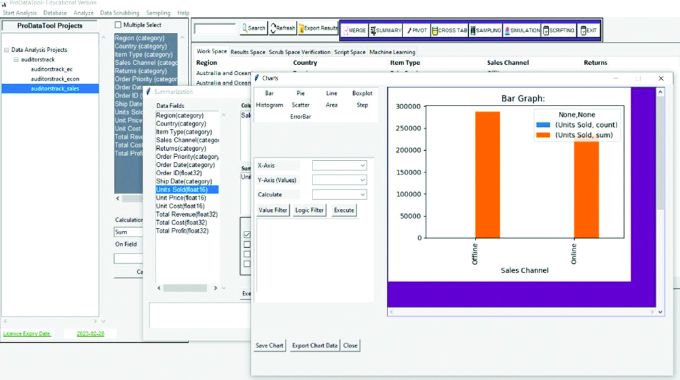Cheap liquor in expensive bottles

Kundai Marunya
Wolves donning sheep skins may as well have found a new meaning in brands of liqour being sold in the country.
As alcohol increasingly becomes expensive and out of reach for many, cheap imitations have taken over the city, being sold from car boots, the streets, and even reputable shops.
To unsuspecting customers, the liquor is passed off as genuine.
Popular brands like Johnny Walker, Jameson, Hennessey, Jack Daniels, Skyy Vodka, Ciroc, Grants and Vat 69 are have had numerous imitations being presented as original.
They are sold at way cheaper prices than their usual cost, which has always been high.
The prices of the supposedly high-earned liquor is the first indicator of the fake brands. They are mainly sold on the streets.
It is however reputable retailers who are committing the greatest of crimes against their ‘valued’ customers.
Most of the times people avoid bogus traders for reputable retailers who then overprice the liquor, milking massive profits.
Even night clubs are doing their best in passing on counterfeit liquor evident with the popularity branded nights that are associated with premium liquor.
The counterfeiters have been really good at imitating packaging and even the better part of the liquor.
One can spend hundreds or thousands of their hard earned money, but in the end consume the poorest of liquor.
It takes the best of liquor connoisseurs whose palates have tasted the better part of what is on the market, to pick out the fake from the original.
One such expert Thomas Muunze said the taste is usually a bit different.
“If you are well versed with your brand of choice you can easily identify the fake ones.
“They usually taste a bit different or have an offish smell,” he said.
“Because prices keep changing many people do not have a brand they adhere to. Often times people are forced to downgrade so it’s hard to get what their new choice originally tastes like.
“The easiest way to identify counterfeits is however by checking where you buy them, do a price comparison and closely check packaging, sometimes you may pick out something amiss,” said Muunze.
Liquor producers often discourage consumption of counterfeits for health reasons as one cannot verify the safety of their distillation, manufacturing process, and even their contents.
“Liquor which takes years to produce it often made in a matter of hours which makes it questionable,” said Muunze.
“I don’t know how they do it but if it was safe and healthy, producers of original products wouldn’t waste decades making a beverage that needs a few hours to make. It doesn’t make economic sense.”
Manufacturers have been fighting the counterfeit ring, which has its roots in Asian and Middle Eastern countries.
The fake liquor is being smuggled into Africa through different ports.
The fake products usually come to Zimbabwe through from Dar El Salam and Maputo. Knowing the ramifications associated with counterfeits, the Tanzanian government have been doing its best in fighting fakes from reaching the market.
Some of the confiscated products worth millions in retail value are often destroyed with perpetrators paying hefty fines, some even facing jail terms.
The war on counterfeits has however been a lost one as in land, in countries like Zambia and even Zimbabwe, the products are openly sold. They usually reach the markets through massive corruption at entry points.
A trader who preferred anonymity confessed to bribing authorities.
“I get my liquor from Zambia and Mozambique. It very easy to get them in the country through couriers who are in league with officials,” he said.
“When I do go import on my own I just pay US$10 per box to immigration officials at entry points, it is that easy.”
Some consumers, however, knowingly purchase counterfeits to fit in among big spenders.
It’s now a common scene to find a poorly groomed person sipping the most expensive brands at hangout spots and entertainment events. Some consumers do it to maintain a lifestyle they could previously afford before price hikes in liquor, while some do it to fake appearances.
Either way, there is always a wanting market for alcohol counterfeits, making it hard for authorities to control what is consumed.









Comments